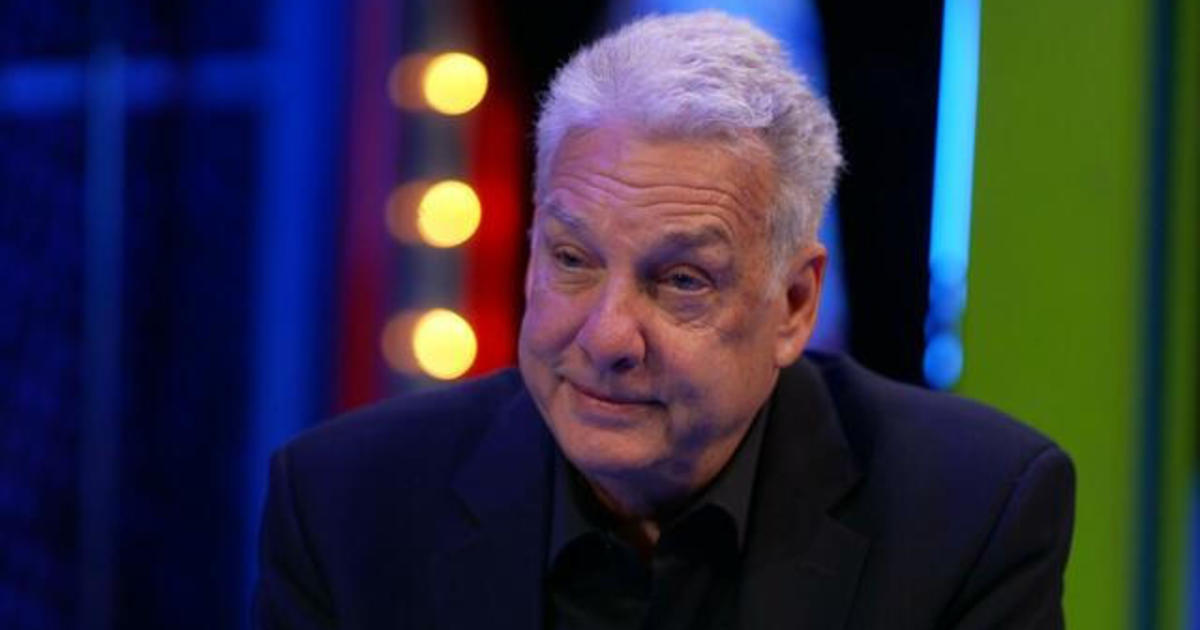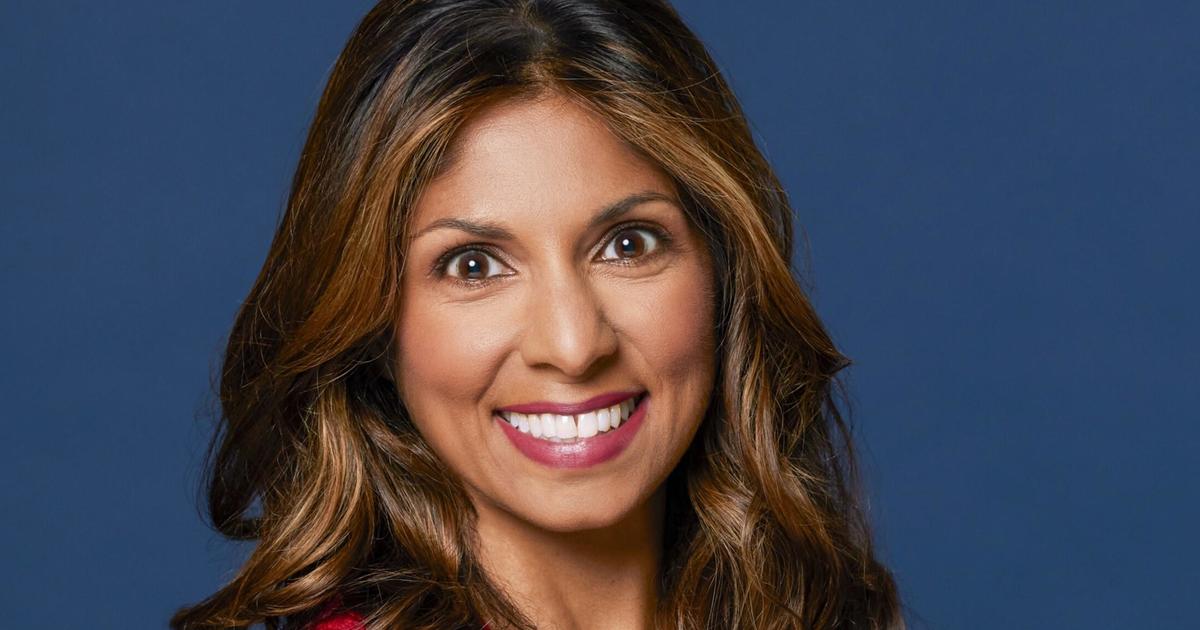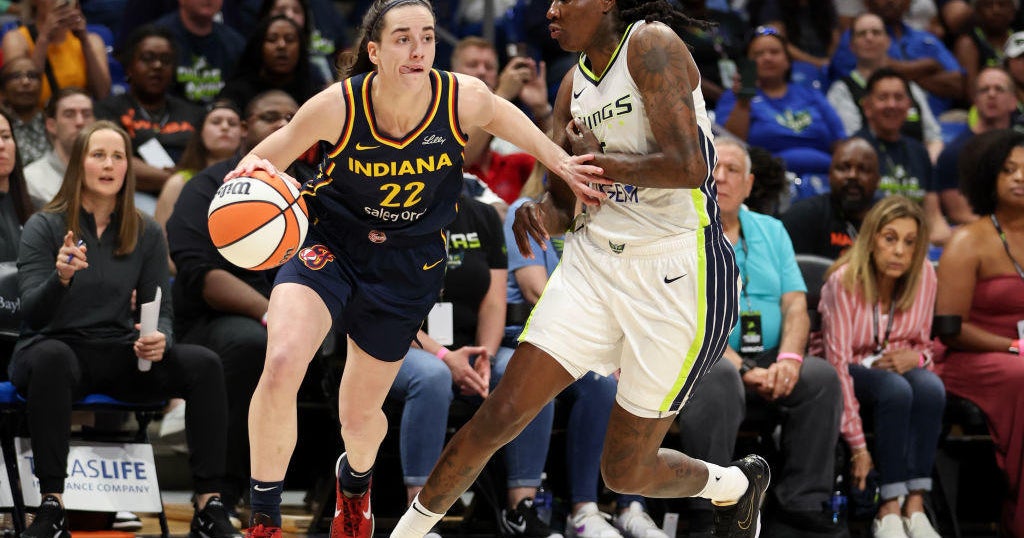"Call to Action" critical conversation event focuses on justice for Black women
CHICAGO (CBS) - Investigative Reporter Dorothy Tucker moderated an impactful conversational event at Trinity United Church of Christ on Thursday, focused on uplifting justice for women of color.
Panelists included city, civic and community leaders. The 90-minute event stemmed from a 2023 investigation revealing disturbing data showing as many as one of every 3 victims of crime in Chicago is a Black woman.
The first panelists were Nicole Robinson who is CEO of the YWCA of Metropolitan Chicago, Gabrielle Molden-Carlwell who works as a trauma therapist at Reslience, and Geneva Brown who is a professor of criminology at DePaul University.
All three women said they could relate as they have all been victims of crime in their pasts. Molden-Carlwell said victimization impacts a woman's entire life from professional to personal long after the crime occurs, "It weighs on their ability to form relationships. So much so that some people would just rather not. It's overwhelming. It is. Which is why I take pride in the work that I do."
Robinson said the impact of crime on Black women also extends to the community at large, "In every single space home, work, community, church we are at risk. Our bodies are at risk."
Robinson added the layers of racism, patriarchy, over policing all influence a Black woman's ability to feel safe in the community, "How do we keep ourselves safe in an environment maybe where we don't trust institutions. There's distrust of police. There's distrust of healthcare systems."
When survivors of sexual assault go to the hospital, a YWCA advocate/volunteer is there to hold their hand and be with them as they seek help for the assault. The YWCA is always seeking volunteers to help provide support in situations like that.
Professor Brown discussed how hard it is for Black women to remove themselves from unsafe situations due to economic and financial constraints on their ability to move to safer communities. She cited figures showing that, in particular, Black mothers work outside the home at all hours of the day to support their families. Prof. Brown said that makes them even more susceptible to crime.
The role of Black men
The topic then turned to the role Black men can play in protecting Black women. Robinson's YWCA partners with 100 Black Men and Men Can Stop Rape (MCSR). Those groups are helping develop and implement curriculum for students teaching how to develop and maintain healthy relationships, for as early as elementary school classrooms. The goal is to take those teaching moments to the street, to barbershops and other places men congregate.
Panelists for this second discussion were Karen Freeman-Wilson who is President and CEO of the Chicago Urban League, Chasda Martin who is with the North Lawndale Employment Network and 16th Ward Alderwoman Stephanie Coleman.
Martin who has a wife, daughter and sons said he had never seen the statistics involving Black women crime victims in that way before. He said Black men can start making a difference in those numbers at home by parenting differently, "We've got to acknowledge that we live in a very violent society and it's important to teach self-defense. It's also important to teach situational awareness. But, the way we parent our boys, we've got to make sure they understand under no circumstance can you put your hands on a woman."
Freeman-Wilson said she doesn't think a new policy needs to be developed at the State Capitol, because she said, "It's already against the law to assault a woman." But, she said the safety of Black women needs to be the number one agenda item.
"Awareness is extremely important," she said and advocated for civic, social and fraternity/sorority groups to become more involved.
Ald. Coleman mentioned she and the 6 other Black female alderwomen of Chicago's City Council have called for a hearing to look into violence against Black women, including missing women in the city.
Solutions to the systemic problem
What can be done going forward to address the disparity?
Martin discussed new research involving cognitive behavioral therapy for violent offenders. Citing research literature, Martin said it would take 300 hours of the therapy to retrain the brain away from violent tendencies back to a more normal, neutral state. But, an investment would be needed for that use in Chicago.
Freeman-Wilson asked where is the billion-dollar investment to make Chicago safer for Black women, citing recent news about funding development for Chicago sports teams.
Chicago Police Superintendent Larry Snelling and Cook County State's Attorney Kim Foxx joined the discussion. Both spoke about efforts in both of their departments to expand current programs.
"We're expanding our family liaison program," said Supt. Snelling. "Our officers are trained in trauma response. When you're dealing with someone who has been victimized by domestic violence, we want our officers to approach that with an empathetic eye. They need to understand that this person is dealing with a level of trauma that they might not even be able to understand at this point. You don't know how long they've been dealing with it. The effects it has on them psychologically. And the effects it has on an entire family."
Supt. Snelling said the goal is to get more victims to report the crimes. He said CPD has seen an increase in the reporting of domestic violence and sexual assaults.
Snelling also mentioned CPD has received a new grant to aid with DNA analysis, technology and training to help with cold cases involving missing women.
Foxx said it's unfortunate that sometimes they don't have the evidence to pursue prosecution of a case. But, she said, her office does have a victim-centered case approach.
Both Foxx and Supt. Snelling mentioned cultural competency training to combat inherent biases prosecutors or officers might have. Supt. Snelling said that training needs to be done more often as part of every training CPD officers are required to take.
Both also said accountability if those trainings are not followed is important and has been undertaken in their offices.
Scan the QR code below to access a Call to Action resource guide providing information on hotline numbers and services for survivors.




